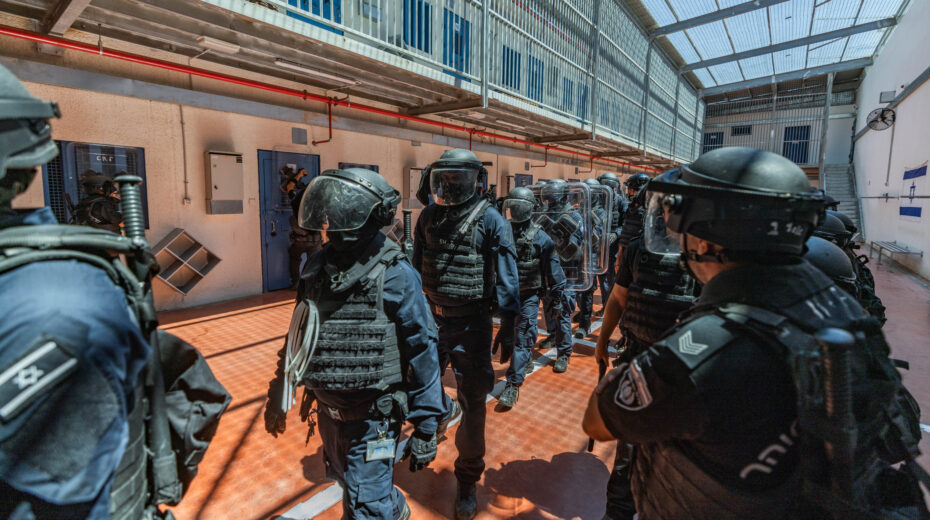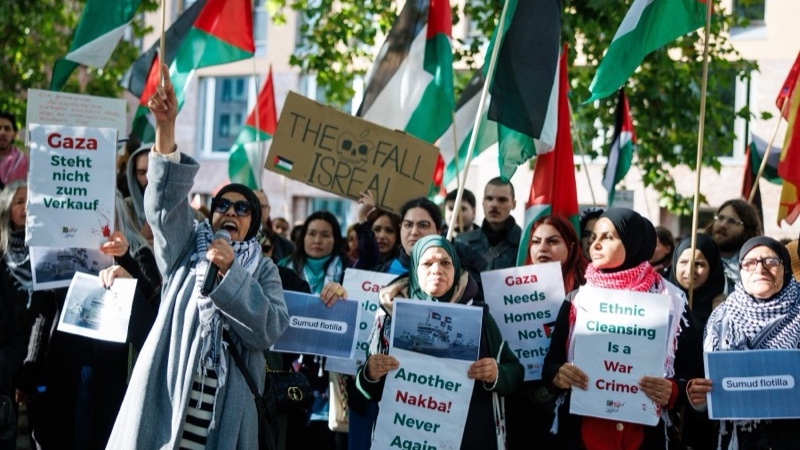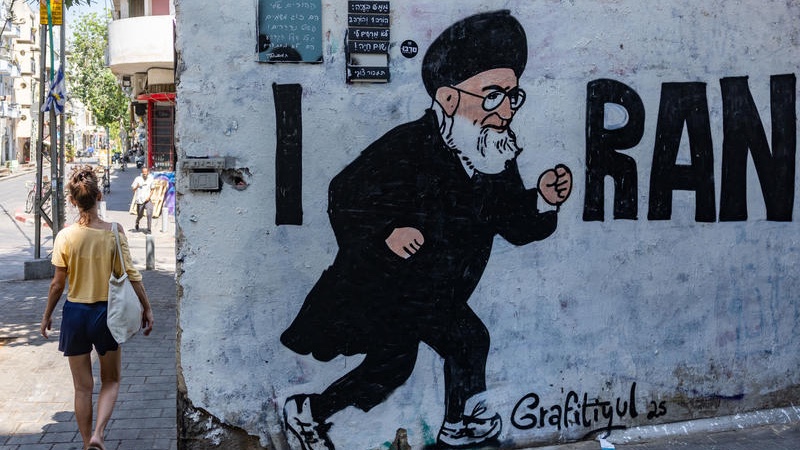The Ofer Prison near Ramallah is one of Israel’s most sensitive sites—home to hundreds of Hamas, Hezbollah, and Islamic Jihad members. In a detailed interview with Arutz 7, the commander, Lt.-Col. Vadim Goldstein, describes how strict rules, technical control, and psychological deterrence ensure security both inside and outside the walls.
Minimal conditions and clear boundaries
“Our goal is deterrence. We want to prevent them from building the same structure behind bars as they do outside,” Goldstein told Arutz 7. Ofer currently houses around 2,700 prisoners, including perpetrators of the Hamas massacre on October 7. Staff are in direct contact with high-ranking members of militant organizations.
Goldstein describes daily life as a constant balancing act between control and avoiding escalation. “It can’t be like it used to be—they get only the absolute necessities.” This refers to the new policy from the Security Ministry, which grants inmates only minimal conditions.
Weapons and improvised knives have been found in cells multiple times. “They create weapons from everyday items—showerheads, plastic mirrors, even sharpened spoons,” Goldstein said. Security forces regularly search the cells to prevent the emergence of new power structures among the prisoners.
Particular tension arose during the release of Israeli hostages as part of the ceasefire with Hamas. “We knew they would try to exploit it—perhaps with attacks or provocations,” Goldstein said. To prevent this, the entire prison was put on the highest alert level during the exchange days.
Deterrence as part of national security strategy
The Arutz 7 article quotes Goldstein as saying: “Deterrence works.” This stance is central to Israel’s security philosophy. Ofer Prison is not just meant to punish but to signal that terrorist activities inevitably lead to a controlled, degrading daily life.

The good life in an Israeli prison is over. Photo by Chaim Goldberg/Flash90
One decision that led to a significant change in the recent war was National Security Minister Itamar Ben-Gvir’s order to end the luxurious conditions terrorists had enjoyed for years in prison. “In the past, they had luxurious conditions. There were canteens, laundries, storage rooms, and a selection of food that even ordinary citizens didn’t have. Now we have full control, and they receive only the minimum required by international law. We thwart every attempt to build leadership structures here. We identify such attempts. Our response is immediate and deterrent to disperse them so no hidden leadership structures emerge,” Goldstein said.
“There is significant deterrence. I know that terrorists don’t want to come to prison because the conditions are no longer what they used to be. Many terrorists do not return to prison because of this deterrence,” he emphasizes.
The driving force for him and his subordinates is the desire to successfully fulfill the mission entrusted to them. “You are aware that you hold a very sensitive role with great responsibility for leading a large unit with many staff and must be ready at all times. There is no day or hour when you don’t think about the prison and operations. You must always think ahead so the terrorists can’t surprise you. That is the key to success,” he concludes.
Want more news from Israel?
Click Here to sign up for our FREE daily email updates














